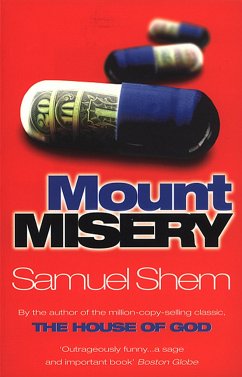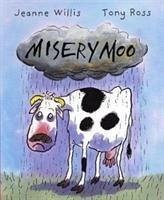
Extravagance and Misery
The Emotional Regime of Market Societies
Versandkostenfrei!
Versandfertig in über 4 Wochen
128,99 €
inkl. MwSt.
Weitere Ausgaben:

PAYBACK Punkte
64 °P sammeln!
Extravagance and Misery discusses the economic inequalities that characterize capitalist societies. What causes these inequalities? Why are they unfair? Do they make us unhappy and, if so, why? Which stories do we tell each other about those inequalities and why do these stories help perpetuate them? What role do emotions, such as shame (amongst the poor) and envy and admiration (for the rich) play? The authors draw on insights from philosophers, economists, psychologists and other scientists to explain the structural mechanisms underlying inequality, and the impact it has on our well-being an...
Extravagance and Misery discusses the economic inequalities that characterize capitalist societies. What causes these inequalities? Why are they unfair? Do they make us unhappy and, if so, why? Which stories do we tell each other about those inequalities and why do these stories help perpetuate them? What role do emotions, such as shame (amongst the poor) and envy and admiration (for the rich) play? The authors draw on insights from philosophers, economists, psychologists and other scientists to explain the structural mechanisms underlying inequality, and the impact it has on our well-being and happiness. The result is an explanation of the emotional regime that characterizes our capitalist societies and that perpetuates the unfair gap between the extravagance of the rich and the misery of the poor. Finally, Extravagance and Misery proposes how to re-shape this emotional regime in the interests of justice and solidarity.













